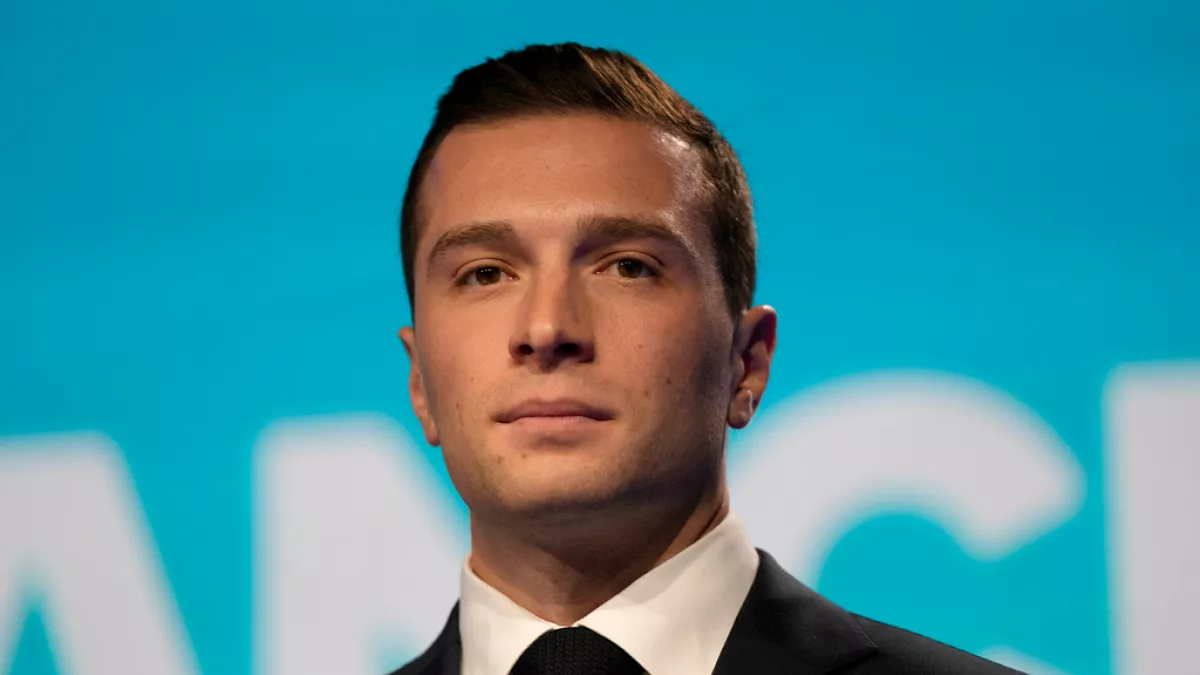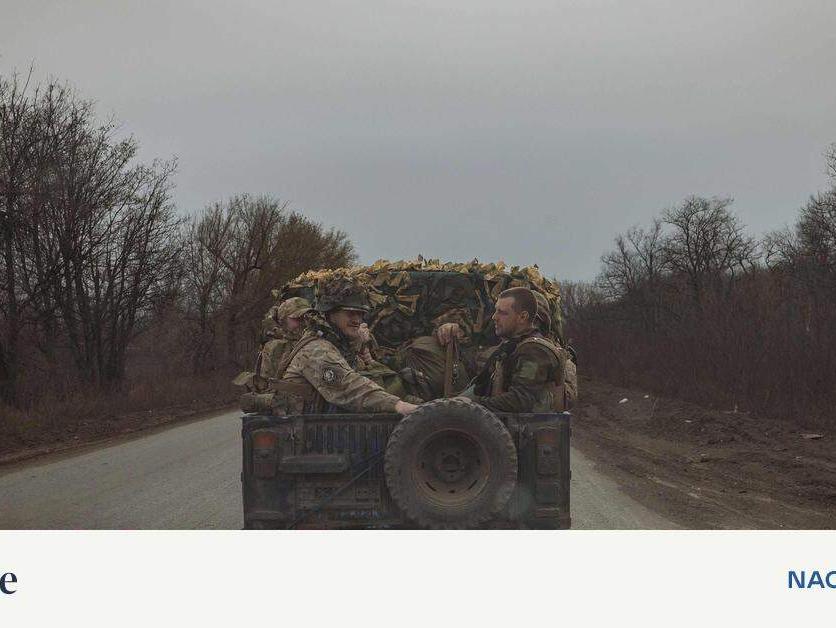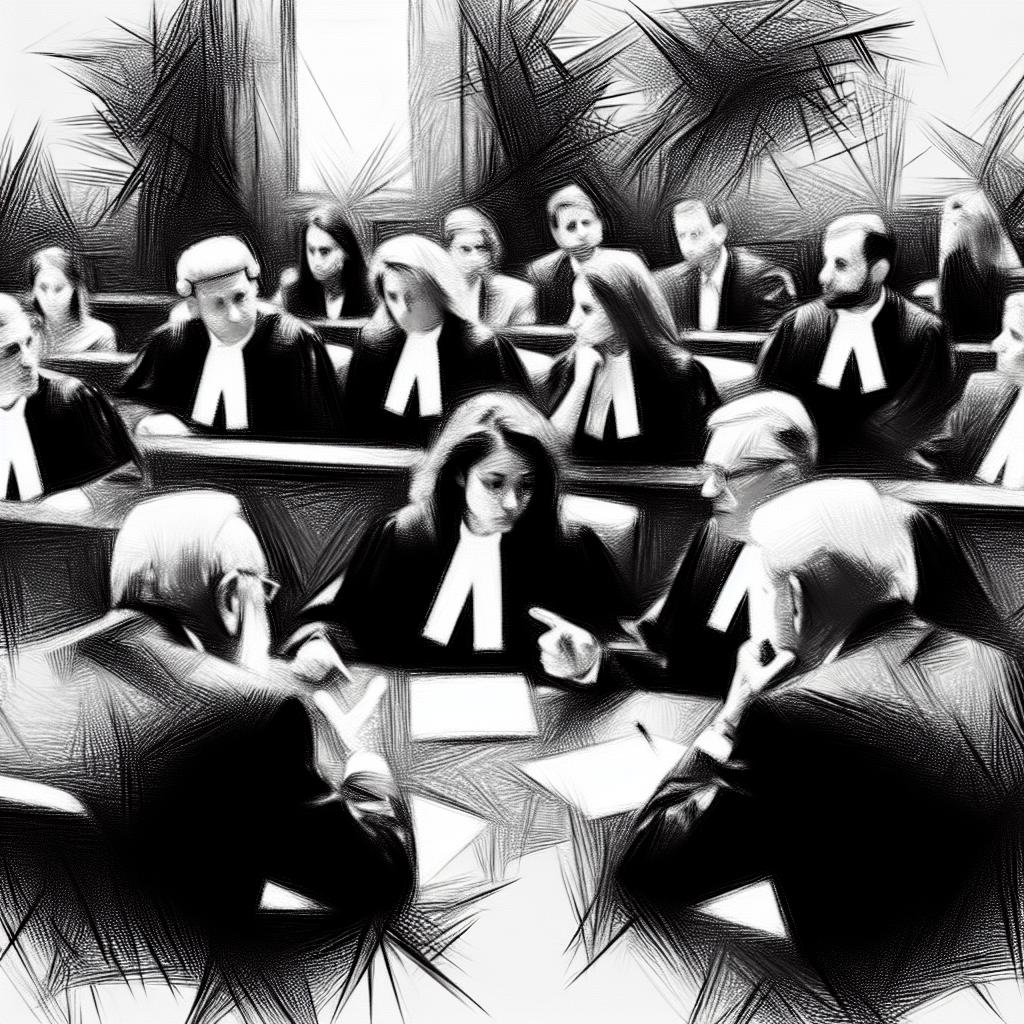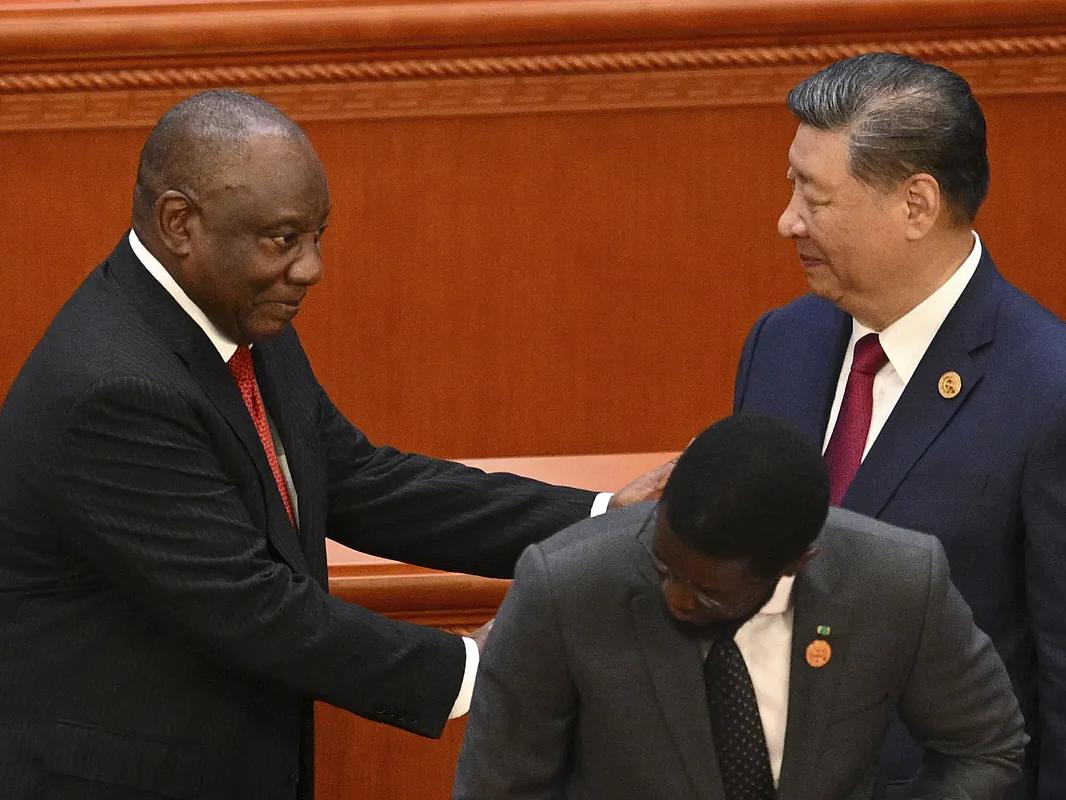In the final days before France’s pivotal legislative elections on July 7th, the political landscape is fraught with tension and strategic positioning. President Emmanuel Macron, whose party lags in the polls, has been active on the campaign trail, invoking the legacy of Charles de Gaulle and appealing to the ‘silent majority’ opposed to the extremes. Macron’s Renaissance party, suffering from a negative public image, is struggling to rally support as voters express disappointment with his tenure. The President has faced criticism for his handling of the dissolution of the National Assembly and his controversial remarks on immigration policies as well as from the Socialist Party leader Olivier Faure for spreading fake news and being anti-Semitic and transphobic.Marine Le Pen’s far-right National Rally, buoyed by a narrow lead in the polls, has announced that Jordan Bardella would become Prime Minister should they win. This declaration comes as massive protests against the far-right continue to grow, with over 600,000 demonstrators taking to the streets in response to union calls. Meanwhile, the left-wing New Popular Front, despite internal strife, has received endorsements from the CGT union and former Justice Minister Christiane Taubira, positioning itself as the bulwark against the far-right.As France grapples with the possibility of a far-right government, the political crisis underscores a deeper call for a new paradigm, with critics arguing that the competing parties fail to address the fundamental social issues at the heart of the nation’s unrest. With scenarios ranging from a majority absolute to a coalition or institutional blockade, the outcome of the legislative elections will have profound implications for the country’s future governance.
Key points
- Marine Le Pen’s National Rally positions Jordan Bardella as potential Prime Minister in upcoming legislative elections.
- President Macron justifies early elections as a move to prevent the rise of extremes, amidst widespread protests against the far-right.
- Macron’s Renaissance party struggles in the polls due to negative public perception and internal criticism.
- The left-wing New Popular Front gains support from unions and former officials in the fight against the far-right.
- France faces a political crisis with potential outcomes ranging from a majority government to a coalition or institutional deadlock.



